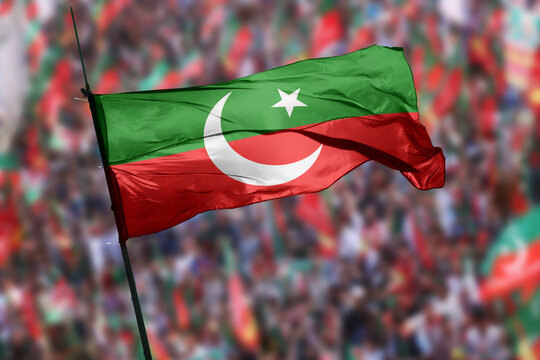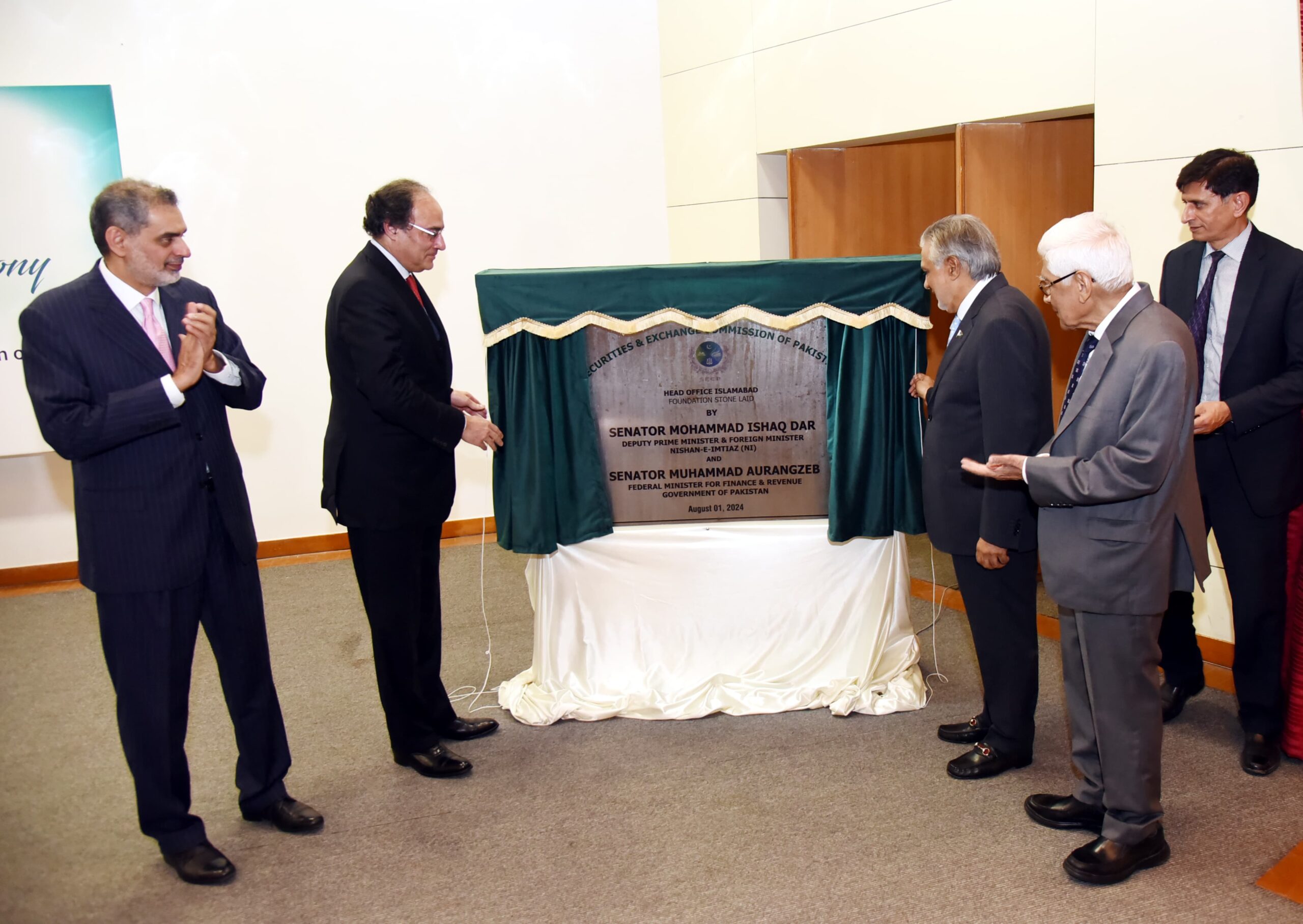PTBP Web Desk
Federal Minister for Information and Broadcasting Attaullah Tarar has reaffirmed the government’s zero-tolerance policy toward surrogate betting advertisements, following growing public concern over their appearance during live sports telecasts in Pakistan.
The minister’s remarks came after a senior journalist posted on social media, drawing attention to the “blatant promotion of betting companies” aired during cricket matches on Ten Sports HD, a major sports channel in the country. The journalist questioned why such ads continue to be shown when the government had clearly banned all forms of betting and surrogate advertising.
In response, Tarar clarified that the government’s policy on surrogate betting ads remains uncompromising and that any local broadcaster airing such content could face regulatory action. “The advertising of surrogate betting companies is strictly forbidden and illegal in Pakistan,” he said in an official statement released by the Ministry of Information and Broadcasting.
The minister emphasized that the advertising of surrogate brands representing gambling or betting companies violates Pakistan’s laws and moral standards. He said the Pakistan Electronic Media Regulatory Authority (PEMRA) has already issued multiple advisories warning broadcasters to ensure compliance with the regulations on advertising content.
He added that the government has directed all media outlets, advertising agencies, and digital platforms to avoid any form of collaboration or sponsorship with such entities, as these companies often use deceptive branding techniques to promote gambling indirectly under the guise of “fantasy sports,” “prediction games,” or “sports analysis platforms.”
Tarar noted that the zero-tolerance policy aligns with international best practices, as many countries have imposed similar bans on surrogate advertising to protect viewers, especially youth, from being exposed to gambling-related content.
The minister also acknowledged a regulatory loophole that complicates enforcement in certain cases—particularly during international sports broadcasts.
“When international broadcasters from whom rights are procured show any material in the stadium, it is at an international venue and from an international broadcaster on which the local channel that has procured broadcasting rights has no control or authority,” he explained.
This means that when foreign broadcasters, such as those handling global cricket or football tournaments, embed ads into the live video feed (such as digital boards around the stadium or on-screen overlays), Pakistani broadcasters cannot modify or remove those visuals before airing them domestically.
As a result, logos or slogans belonging to surrogate betting firms may appear inadvertently on-screen, even though the local channel has not directly entered into any sponsorship or advertising agreement with them.
According to officials from the Ministry of Information, efforts are underway to coordinate with PEMRA, the Pakistan Telecommunication Authority (PTA), and the Ministry of Commerce to ensure that all forms of betting-related content are closely monitored. The government is also reviewing mechanisms to request international broadcasters to comply with Pakistan’s domestic regulations while providing broadcast feeds to local license holders.
The ministry aims to establish a compliance framework that holds both local and foreign media partners accountable for ensuring the integrity of broadcast content. This includes engaging with international sporting bodies such as the International Cricket Council (ICC) and FIFA to curb the indirect promotion of gambling through surrogate advertising.
Tarar reiterated that the government remains fully committed to protecting public morality and financial discipline. “Our objective is clear — we will not allow Pakistan’s broadcast platforms to become tools for promoting betting or gambling in any form,” he said.
The clarification has sparked a wider discussion on social media and among media circles. Many journalists, media analysts, and sports fans welcomed the minister’s decisive response, urging the government to take stricter measures against both local and international entities that attempt to bypass regulations through indirect advertising.
Meanwhile, several civil society groups and media watchdogs have called for greater transparency in advertising deals between sports broadcasters and international media partners. They argue that a lack of oversight in this area risks undermining Pakistan’s cultural and ethical values.
The Ministry of Information has reaffirmed that any Pakistani broadcaster found in violation of advertising rules will face strict action under PEMRA’s licensing framework, including fines or suspension of transmission rights.
Furthermore, Tarar’s statement underscores a broader push by the government to ensure ethical advertising practices and strengthen Pakistan’s media governance framework in line with its national values and laws.
The minister concluded that Pakistan will continue to collaborate with regional and international partners to create a cleaner, more responsible media landscape that prioritizes public interest, integrity, and transparency.




